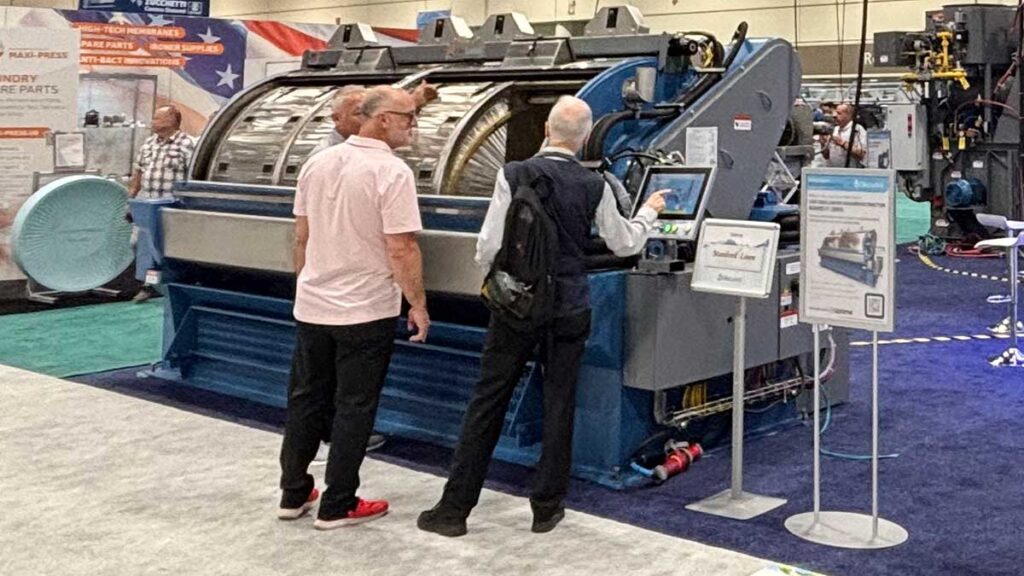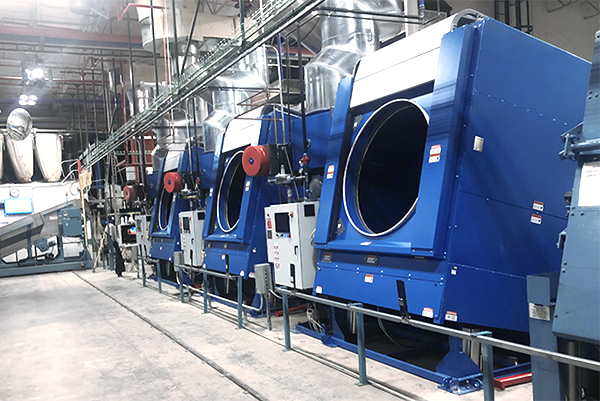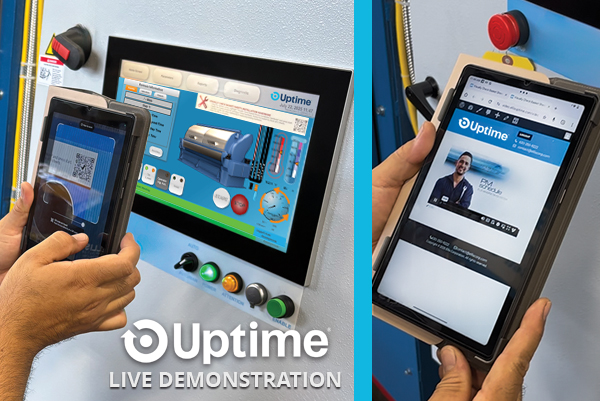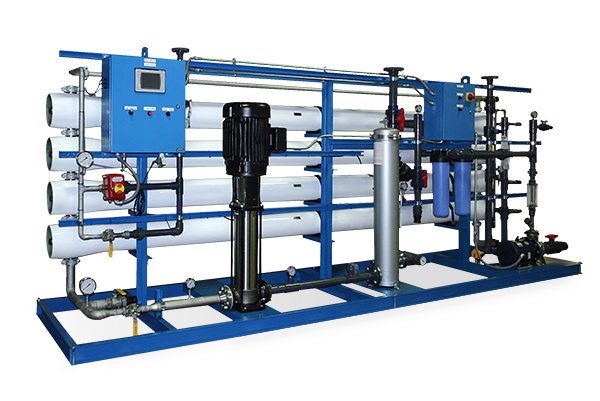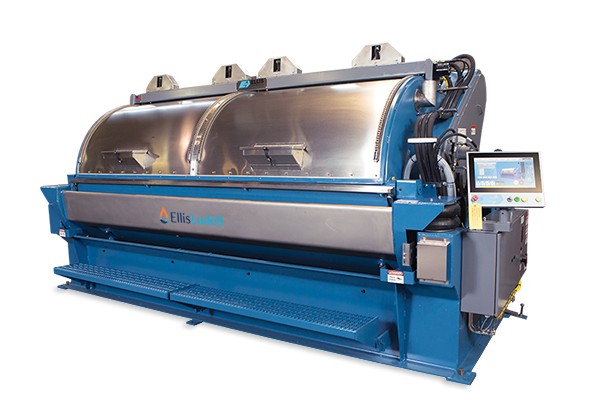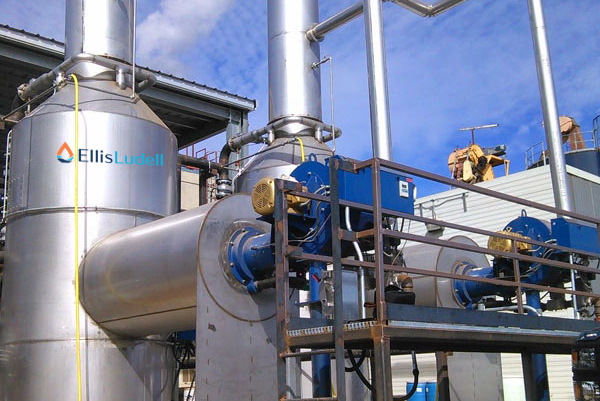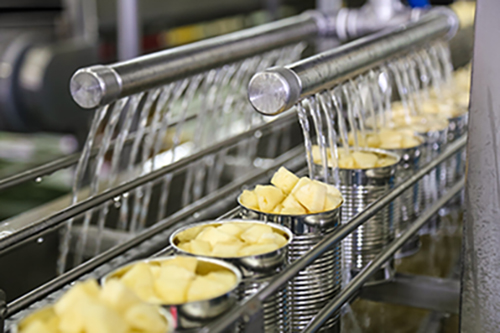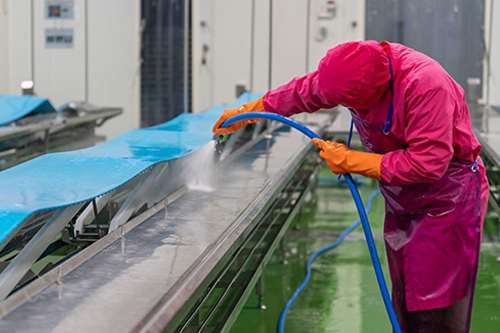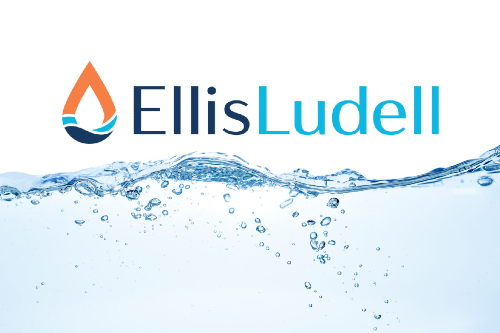Sewer Sleuthing
A sewer is someplace to discharge wastewater and to convey the flow to a POTW (Publicly Owned Treatment Works) for treatment. The average person pays very little attention to the sewer system until odors become obvious, or flow backups into the streets, businesses, or homes. Unfortunately, many residents and businesses use the sewer for trash disposal. When working in many industrial applications we commonly hear that is easier to “flush it down the drain instead of picking it up and throwing it into the trash”. The problem is identifying what “it” is. Sewers are designed to convey wastewater to the treatment plant. However, working in the wastewater field we have seen more than liquids make it into the sewers. The POTWs continually provide educational campaigns to residential and industrial users on what not to flush down the sewers.Sewer Sleuthing

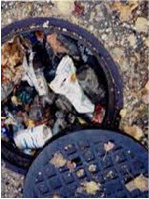

Municipalities and POTWs have a team of employees to maintain and repair sewers to ensure that the wastewater easily flows to the POTW. There are incidents when sewers get plugged due to trash, fats and greases, and sediments that settle, creating dams restricting the flow. If the sewers are not maintained and heavy rains flood the sewer lines a backup can occur.
Through experience these employees learn the hot spots where blockages occur. Through their keen sense of smell and visual observation they pick up on areas to watch and be alert on.



Sewers are Routinely Cleaned and Inspected by Camera to Ensure Debris is Removed and Sewer Lines are Not Leaking
POTWs also employ a team of industrial pretreatment inspectors. These inspectors regularly conduct site visits to ensure that industrial wastewater treatment systems are properly operating and producing complaint effluent. These inspectors are trained to identify pretreatment system operations, wastewater dilution, treatment system bypasses, illegal sewer connections, and nonpermitted discharges.



This army of sewer maintenance personnel and industrial pretreatment inspectors are commonly known in the industry as sewer sleuths. By continually working with the sewer system these sleuths can identify odors, colors, and flow rates from different parts of the sewer system. When there is a treatment system upset at the POTW this team quickly springs into action to identify where an unusual wastewater discharge occurred and who might have had an accidental or illegal pollutant release.
These sewer sleuths, along with laboratory personnel, can quickly identify pollutant sources. Wastewater laboratories become forensic resources identifying different pollutants and possible sources. As an example, during this pandemic, wastewater laboratories along with public health departments were able to track COVID moving from neighborhood to neighborhood, and identify outbreaks in schools, universities, and even jails. Sewage can even be analyzed to determine the health of residents in the area.
Feel free to contact us for more information
Contact Us
We are here to answer your questions about water treatment, water heaters, and/or laundry equipment. Whether you need to replace existing equipment or engineer a whole new solution, contact EllisLudell for a solution right for you.
Related Blogs
Clean Show 2025 Recap: The Sideloader Leads the Way
Clean Show 2025 proved once again that EllisLudell is a force in industrial laundry. From the moment…
Whisper Dryer: Quiet Power That Speaks Volumes
Some dryers make noise. This one makes results. The EllisLudell Whisper Dryer is not just built for…
Uptime® – Equipment That Knows Exactly What to Do
Some machines run. Others think. Then there is the kind that changes how your team works from…
The Smarter Way to Clean Water Starts Here. Where Water Is Not Just Clean, It Is Competitive.
You do not just need water filtration. You need water control. You need fewer chemicals in your…
This Is What Intelligent Laundry Looks Like. Meet the Sideloader Built to Work
Let’s cut to it. You’re not in this industry for fluff. You need machines that show up,…
Why EllisLudell’s Certified DCWH Sets a Higher Standard
See It First at The Clean Show What you’ll see at booth 2811 at The Clean Show…
The Cost of Cutting Corners in Industrial Laundry: What You Risk with a Non-Certified Water Heater
In industrial laundry operations, cost and lead time often drive equipment decisions. But when your water heating…
Certified Water Heaters Protect Temperature and Product Quality in Food Processing
Food safety is not just a priority. It is a requirement that touches every decision you make…
NSF Certification: A Critical Standard for Food Processors
In the food processing industry, water plays a central but often underappreciated role. It supports sanitation, blending,…
Challenges in Operating Industrial Wastewater Treatment Systems
There are major challenges facing operators of industrial wastewater treatment systems that can affect the major overall…

